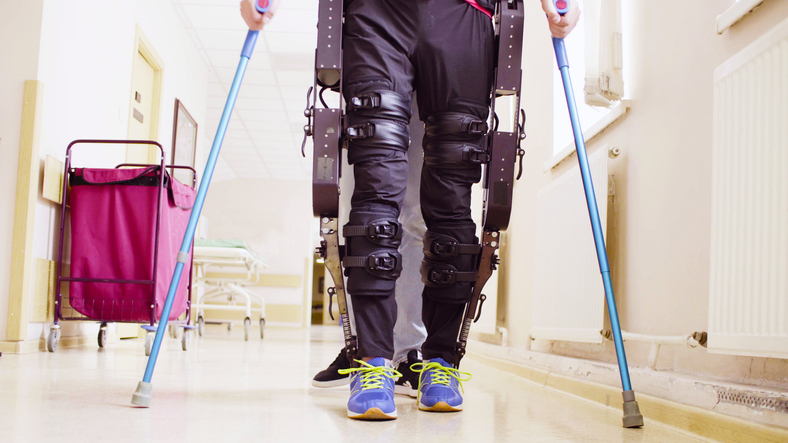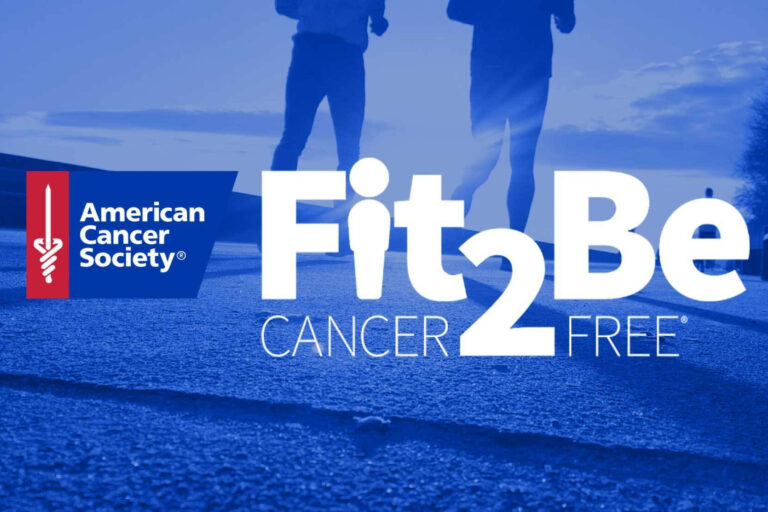Dr. Robert Scheidt seeks to enhance wearable robotic technologies that facilitate motor functions after neuromotor injury.

By Sarah Koziol, Arts ’92
Robotics-based therapies have been used in stroke recovery since the late 1990s. But with all the advancements rehabilitation robotics and human-machine interaction offer these patients, researchers recognize that artificial intelligence is limited in effectively estimating human intent. This is a critical disadvantage — people are not interested in assistive devices that resist their movements should they decide to change course.
“If the coming wave of intelligent physical assistants is to be widely accepted, they will need to respond appropriately to changes in the user’s intended actions during physical interaction with people and things that often move unpredictably,” says Dr. Robert Scheidt, Eng ’89, professor of biomedical engineering and co-director of the NeuroMotor Control Laboratory. Scheidt and his research team, composed of biomedical engineering and Klingler College of Arts and Sciences faculty, are working on a National Institutes of Health grant to advance a fundamental understanding of how a healthy brain integrates information from vision and other sensory input to correct movement errors that often occur when a person reaches toward moving targets.

“Intelligent machines will need to model and predict how people naturally respond to dynamic changing events as they unfold in time. Accurate models do not yet exist,” Scheidt adds. Their research will focus on neurologically intact subjects, as an understanding of how healthy brains integrate sensory, motor and cognitive functioning to control movement is key to advancing therapeutic interventions needed to improve motor function after neuromotor injury.
Scheidt’s long-term goal of this research is “to leverage low-cost wearable technologies to address the impact of each patient’s neural injury on their ability to perform everyday activities, and to help them respond appropriately when movements do not proceed as planned.”



